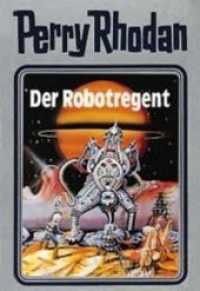- ホーム
- > 洋書
- > 英文書
- > Literary Criticism
Full Description
How do writers make it new in their work? How do they find new readers, publishers, and in this new century, languages and audiences beyond the southern half of the Korean peninsula? Azalea has sought to embody and exemplify that quest, publishing the new work of today's Korean literary world, and seeking to make connections, to be a bridge to readers in the English language realms of North America and elsewhere.
The current issue presents new writers of fiction and poetry through the work of several different translators. An interview with Gong Jiyoung offers the writer's views on the present-day Korean literary world. A Korean writer, to be sure, Gong has spent substantial intervals outside of Korea, and even in Korea, somewhat apart from the literary world. As she says, at least among women readers she is viewed as ""someone who used to be bound by the fetters conventionally applied to women in Korea, but who has shaken them off.
""We also offer a special feature section on contemporary sijo poetry. The sijo poet Hong Sung-ran compiled for this issue a selection of fifty sijo poets, and several different translators have chosen poets to their various likings, and here offer their readings. To introduce the section and the idea of modern sijo, an essay presents the life work and the writings of Yi Pyonggi (1891-1968), whose 1932 newspaper article ""Let's Revitalize the Sijo"" might be read as a Korean response to Ezra Pound: ""Make it—the sijo—new!"" Special sections on the writers Yi Sang and Yi Kwang-su, landmark figures from the same Korean Modern period as Yi Pyonggi, explore how these seminal figures sought also to make literature new through their work in the literary world they both inhabited and distanced themselves from. Local, urban, dialect, foreign: these vectors of their literary universe still seem to mark the realms of contemporary Korean literature some ninety years later.






